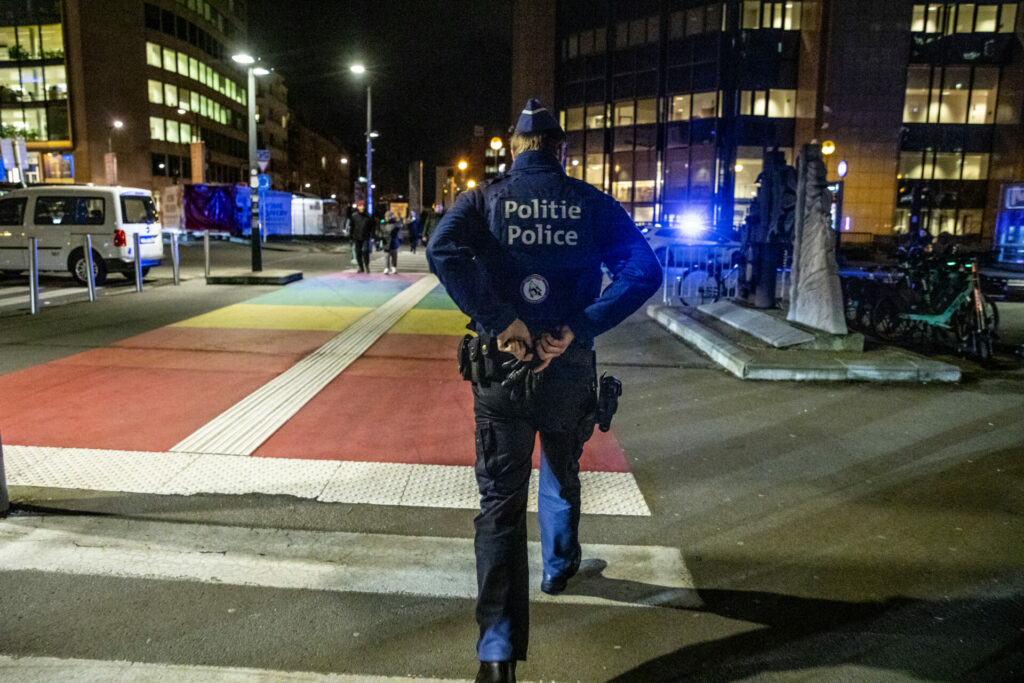The 30-year-old man who stabbed three passengers in Schuman metro station in Brussels' European Quarter on Monday evening and was arrested for attempted murder had already been admitted to a psychiatric care institution three times.
He began the knife attack during Monday's rush hour on a metro carriage before running through the busy Schuman station attempting to attack others. One of the three victims, a 25-year-old man, was seriously injured and is still recovering in hospital.
"My son is not dangerous," the man's father told Het Nieuwsblad. "He is bipolar and takes medication for this. If he does not, he goes completely crazy. That is what happened on Monday. He threatened and stabbed people with a knife, but that is only because of his illness."
In need of psychiatric care
Bipolar disorder (also called manic depression) is associated with episodes of mood swings ranging from depressive lows to manic highs, which can develop gradually or manifest very suddenly – how the disorder progresses can vary greatly from person to person.
During manic periods, people can be very energetic and feel like they can do anything but are also very quick to get extremely angry. In a depressive period, energy levels are usually very low causing even ordinary things to take great effort. A psychotic episode – which presumably led to the stabbing at Schuman – can occur both during the depressive lows and manic highs.
According to the man's father, this is why his son needs to be in a psychiatric institution. "I hope they do not just release him; he needs to be taken care of for his mental illness, otherwise things will go wrong."
Related News
- Man stabbed at Brussels' Schuman metro station, perpetrator arrested
- Schuman metro stabbing: Suspect investigated for attempted murder
- Schuman metro stabbing: Suspect charged with attempted murder, one victim still in hospital
Previously, the Brussels Public Prosecutor's Office already communicated that there is nothing to suggest that the attack had a terrorist or extremist motive, but that there were indeed indications that the attacker had psychological problems.
Additionally, the chief of the Brussels North police zone Olivier Slosse chose this week to call for better cooperation between the police, public prosecutors and mental health services in the Parliament's Justice Committee on Wednesday. "The problem is the communication between the different services."

